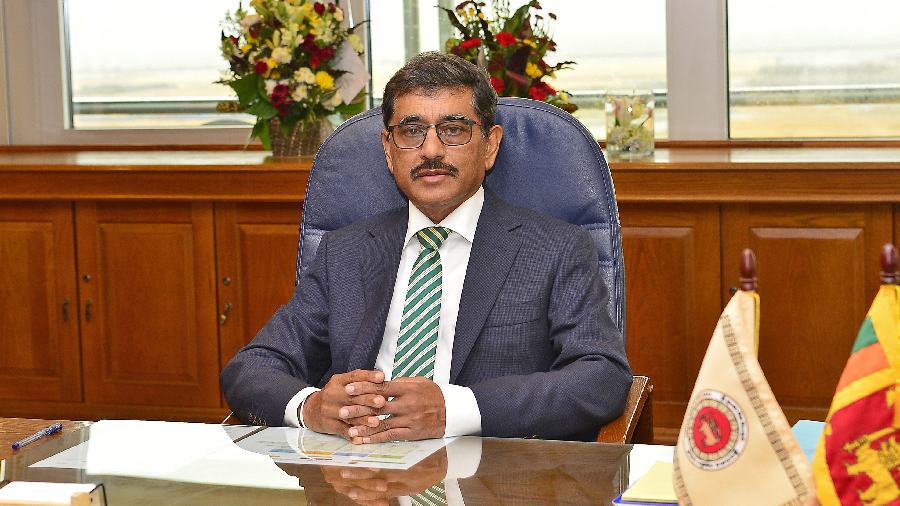The governor of the Central Bank of Sri Lanka Nandalal Weerasinghe has cited the lack of independence of the apex bank in determining the monetary policy as a reason for the country's unprecedented economic crisis.
The Sri Lankan government in May last year declared a debt default on over USD 51 billion in foreign loans -- a first in the country's history.
Weerasinghe made the statement on Thursday while talking about a proposed bill aimed to provide autonomy to the Central Bank without any undue influence from the fiscal authorities or the government.
"In 2020, 2021 and 2022, the policy interest and exchange rates were fixed without the Central Bank," Weerasinghe said.
“The exchange rate was fixed at Rs 203 leading to the total loss of our reserves and bankruptcy”, he said, recalling the situation prevailing at the time of his takeover last year from his predecessor Ajith Cabraal.
He said it was important to let the Central Bank act independently to determine the policy interest rates and exchange rates.
"The omission of the Secretary to the Treasury from influencing the monetary policy is a new welcome feature," he added.
The Secretary to the Treasury is left out of both the 11-member monetary policy board and the 7-member governing board under the proposed bill.
“What happened was the Treasury unduly influenced the monetary policy in favour of the fiscal policy, that’s why our key policy indicators (KPI) dipped by 50 per cent”, Weerasinghe said.
Setting up of a new Coordination Council has also been proposed under the draft law to maintain coordination of fiscal, monetary and financial stability policies.
However, the Central Bank executive officers have objected to the new bill, claiming that it does not promise full independence. They are to petition the highest court on the bill.
The IMF in September last year approved the bankrupt country a USD 2.9 billion bailout package over 4 years pending its ability to restructure its debt with creditors -- both bilateral and sovereign bondholders.
The independence of the central bank and other tax and revenue reforms are part of the work to unlock the Washington-based global lender facility of a 2.9 billion dollar bailout.
Sri Lanka awaits the IMF board’s formal approval of the facility on March 20.
Except for the headline, this story has not been edited by The Telegraph Online staff and has been published from a syndicated feed.










